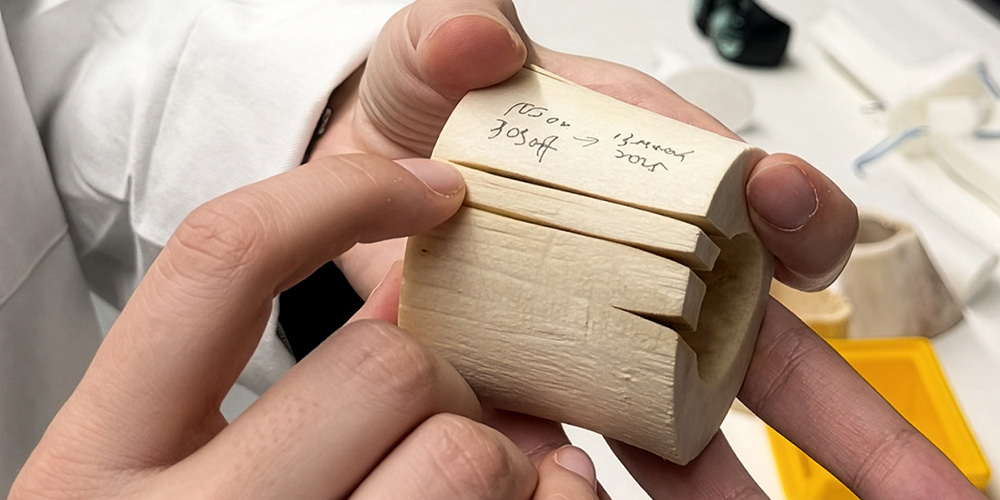Values & Ethics

The University of Basel seeks to uphold positioning itself internationally as an outstanding teaching and research institution. As a high-profile comprehensive university, it wants to provide its researchers with optimal research conditions. As a public educational institution, it is aware of its role as a role model and, in accordance with its mission statement, is committed to a culture of dialogue and to the values of integrity, respect, openness, equality and inclusion.
The researchers of the University of Basel strive to conduct research at the highest international level. They do so with a strong awareness of the great responsibility they have towards society and the natural environment. The University of Basel supports its researchers in the best possible way to reflect themselves and their research practice against the background of the rapidly changing contextual conditions, and to act in an ethically correct way.
The subsections provide information on the principles and activities of the University of Basel in the areas of Research Ethics (Ethics Committee), Scientific Integrity, Diversity & Inclusion, Data Protection and IT Security, Open Science, Open Access and Research Data Management, Animal Research and Sustainability.


